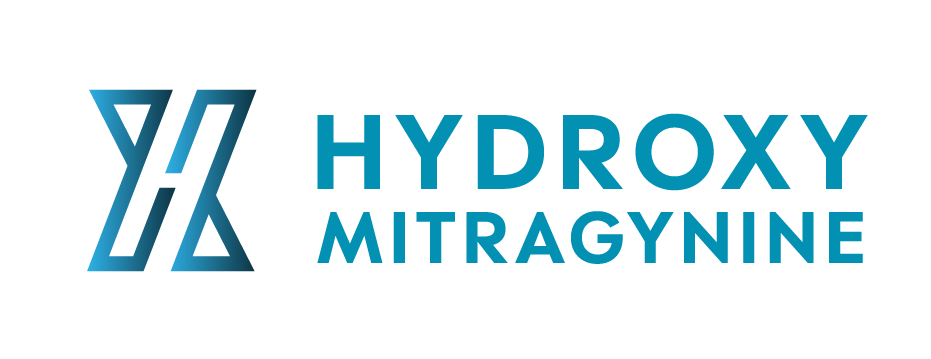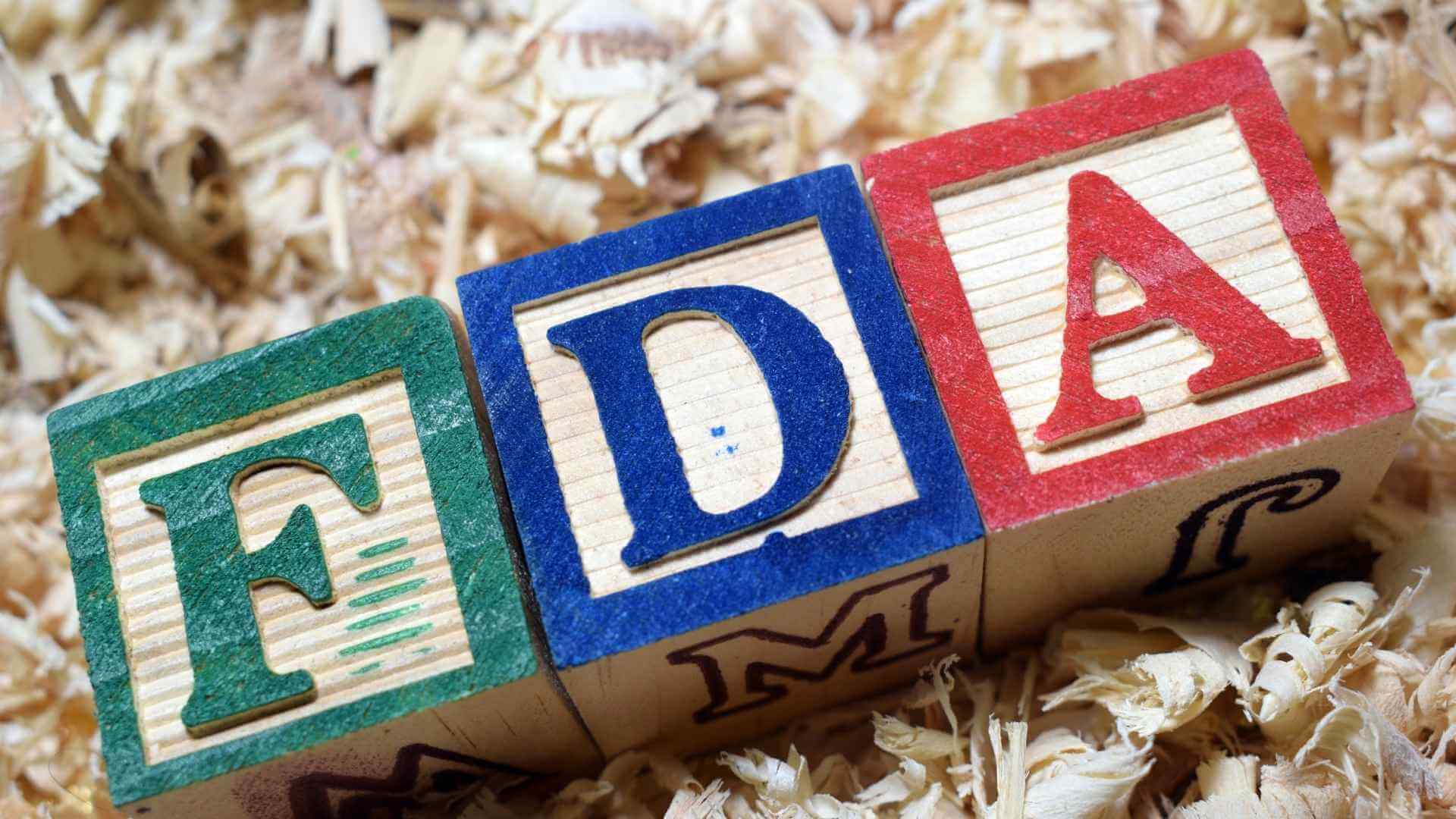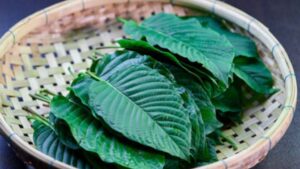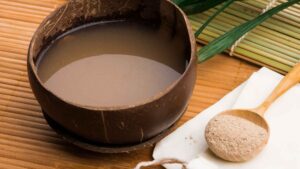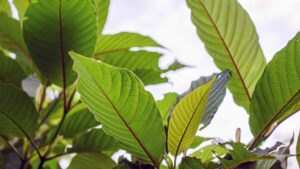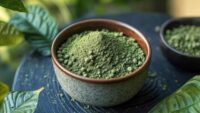From warning letters to public alerts: How the FDA is tightening the noose.
Kratom has always been a subject of controversy among the authorities, but recently it has come under the knife, especially its alkaloid “7-hydroxymitragynine”. From sending warning letters to starting a public education campaign based on consumer alerts and warnings about 7-OH risks, the US Food and Drug Administration is cracking down on 7-hydroxymitragynine.
Kratom and its alkaloids (Mitragynine and 7-Hydroxymitragynine) have a long history of providing relaxation and pain-relieving properties. The US Food & Drug Administration (FDA) has classified Kratom as a “drug of concern” and labeled it as a herbal product that needs regulation and surveillance. However, nearly 2 million Americans consume it to gain its numerous benefits.
Across social media and forums, people are not approving of the FDA’s crackdown. Longtime consumers are describing how 7-OH has helped them manage pain, anxiety, and opioid withdrawal.
Recently, a press conference was held at the U.S. Department of Health and Human Services (HHS), during which authorities released the government’s plan to recommend scheduling 7-OH as a controlled substance. We will dive into details later in this article, including the public sentiment and thoughts related to 7-OH and this decision.
FDA Stance on 7-OH
The FDA recommends scheduling 7-OH as a controlled substance. According to them, “7-OH is a potent derivative of kratom, which has the potential for abuse and risk of addiction.” It is widely available in vape shops all across the US. The authorities have concerns over its market in youth-appealing products like vapes, gummies, and shots. Unlike traditional kratom leaves, which are known to be beneficial for a lot of people, 7-OH is a concentrated alkaloid extract that interacts with brain receptors like morphine.
The FDA warns unregulated product sellers who often misguide consumers by disguising 7-OH as kratom products. According to the HSS authority, 7-OH poses a serious public health threat, especially to young consumers.
Key Details From the HHS Press Release
The US Department of Health and Human Services HHS and the FDA made waves with their latest move against 7-OH. The press release explains how they are going after concentrated 7-OH products, which are not a traditional kratom leaf extract but a much stronger alkaloid. US officials also compare 7-OH dangers to morphine.
The FDA is specifically taking action against companies that sell appealing products to youth, such as gummies and vapes containing 7-OH. The FDA has already issued warning letters signaling stricter oversight ahead.
HHS Secretary Robert F. Kennedy, Jr. said that “Today, we’re taking action on 7-OH as a critical step in the fight against opioid addiction.” He further added, “We will protect the health of our nation’s youth as we advance our mission to Make America Healthy Again.”
The recommendation to restrict 7-OH products is proposed after a thorough medical and scientific research by the Food and Drug Administration. They are taking action to restrict the use of 7-OH products and their growing availability in the US.
The FDA commissioner showed concern over the easy purchase of 7-OH products online, in gas stations, vape shops, and corner stores. 7-OH is popping up in every neighbourhood in America.
Ref: Press Release HSS
Why only 7-OH but not Kratom? A Question Many Ask…
People on the internet are asking why the authorities are laser-focused on 7-OH while leaving plain leaf kratom untouched. Is it a natural vs. isolated double standard? Or clearing the market for synthetic alternatives?
This move feels inconsistent, as many enhanced kratom extracts contain higher ratios of this naturally occurring compound. Many consumers say that if 7-OH is not safe, then why are they not cracking down on all high-potency kratom extracts? People are concerned about the ban on products they are using to deal with pain and discomfort.
Public Backlash or Support? How Social Media is Reacting?
People on forums like Reddit are voicing their frustration, saying “This feels like Deja Vu” while talking about other banned compounds. Others discuss the FDA’s slippery slope tactics: “Today it’s 7-OH, tomorrow it will be kratom, a herb benefiting thousands to deal with pain”. A debate between personal freedom and safety regulation is going on social media after the press release of HSS.
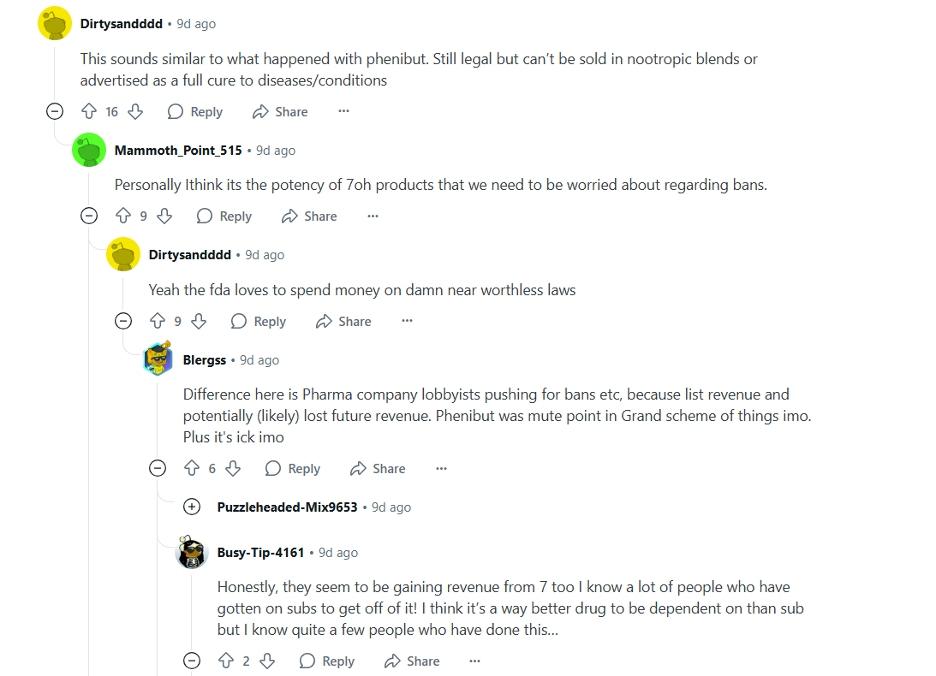
Should 7-OH Selling Companies be Worried?
FDA distinction between natural kratom and 7-OH shows that it is just the beginning – not the end. All high-potency extracts will come under scrutiny.
So, what’s next for 7-OH sellers?
Well, the DEA expected to propose a scheduling rule by Sept-Oct 2025, and the final ruling will be in Jan-Mar 2026, so vendors have around 6-9 months to reformulate products, secure alternative ingredients, and consult legal counsel.
7-OH sellers should also push back with advocacy before it reaches the end. It’s about controlling the future of kratom regulation.
Should the kratom industry fight back or silently adapt to new regulations? What are your thoughts? Comment Below!
You May Also Like:
